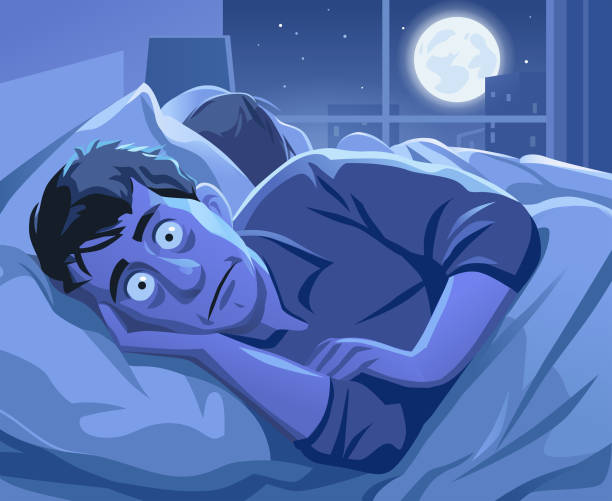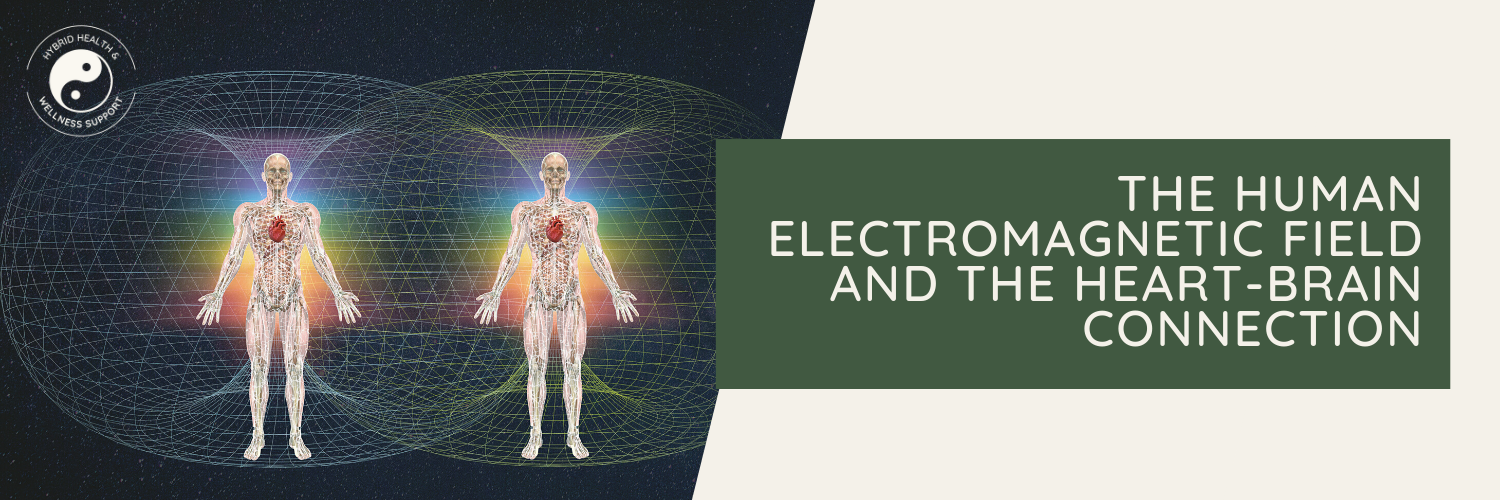Have you ever noticed that you feel a little “off” around the time of a full moon? You’re not alone. According to traditional beliefs, the full moon has a powerful influence on the human body, both physically and mentally.
 |
| Full Moon Affirmation | Effect of the Lunar Cycle on human life |
Introduction:
The full moon has captivated human beings for centuries,
serving as a symbol of mystery and wonder. Beyond its aesthetic beauty, many
believe that the full moon subtly influences our bodies and behaviour. In this
article, we will explore the intriguing effects of the full moon on the human
body, diving into scientific research and ancient beliefs to uncover the truth
behind this celestial phenomenon.
The Lunar Connection:
Humans have long been connected to the natural world’s
rhythms, and the moon is no exception. Just as the moon influences the tides of
the oceans, it is thought to exert a gravitational pull that can affect our
bodies, which are composed mostly of water. Although research on the subject is
ongoing, some studies have found a correlation between lunar phases and changes
in human physiology and behaviour.
Sleep Disturbances:
One of the most commonly reported full moon effects is sleep
disturbances. People often find it challenging to fall asleep or experience
restless nights during this lunar phase. A study published in the journal
Current Biology found that participants' brain activity related to deep sleep
decreased by 30% during the nights of a full moon. This disrupted sleep can
lead to fatigue, moodiness, and reduced cognitive function the following day.
It is believed that the moon's influence on melatonin production, the hormone
that regulates sleep patterns, may contribute to these sleep disturbances. This
is believed to be due to the increased energy and intensity of a full moon.
Mood and Emotional Well-being:
The full moon has long been associated with changes in human
mood and emotions. Some individuals report feeling more agitated, anxious, or
even exhilarated during this phase. While scientific research in this area is
limited, a study published in the Journal of Affective Disorders found a slight
increase in hospital admissions for mood disorders during the full moon. It is
believed that hormonal fluctuations and altered brain chemistry may play a role
in these emotional shifts. Additionally, cultural beliefs and myths surrounding
the full moon's effects on mental well-being have shaped our perceptions of its
impact. It’s important to be mindful of these feelings and to take steps to
manage them.
The full moon can also affect our bodies in other ways. Some
people report feeling more energized, while others experience a decrease in
energy. Some may even experience a decrease in appetite.
Emergency Room Visits and Accidents:
Another intriguing aspect of the full moon's influence on
the human body is its correlation with an increase in emergency room visits and
accidents. Although the reasons behind this connection are not yet fully
understood, several studies have observed a higher incidence of admissions related
to trauma and accidents during the full moon. It is speculated that the moon's
gravitational pull affects human behaviour, leading to a greater likelihood of
impulsive actions and risky behaviour. Moreover, the increased brightness
during a full moon may contribute to decreased visibility, potentially leading
to accidents.
Our bodies operate on a circadian rhythm, a natural internal
process that regulates our sleep-wake cycle and energy levels. Some individuals
report feeling more energetic during the full moon, while others experience
heightened fatigue. These fluctuations in energy levels may be attributed to
the moon's impact on melatonin production, the hormone responsible for
regulating sleep patterns. Additionally, exposure to increased moonlight may
disrupt our internal clock and contribute to these variations in energy levels.
However, more research is needed to fully understand these effects and their
underlying mechanisms.
Conclusion:
While the effects of the full moon on the human body are
still not fully comprehended, there is mounting evidence to suggest a
connection between lunar phases and various physiological and behavioural
changes. From sleep disturbances and mood fluctuations to increased accidents
and emergency room visits, the full moon continues to captivate our curiosity.
As science advances and more research is conducted, we may gain a deeper
understanding of the profound influence that the moon exerts on our intricate
human systems, further unravelling the mystique and power of this celestial
phenomenon.
It’s important to remember that the full moon doesn’t always
have a negative effect. Some people find that they are more creative and
inspired during the full moon. Many people also report feeling a greater sense
of connection to the natural world and to their surroundings.
No matter how you experience the full moon, it’s important to be aware of its potential effects and take time to reflect and connect with yourself during this time. The full moon can be a powerful time for growth and transformation.
To know more about the effects of a Full Moon on the human body; listen to this video Click here
